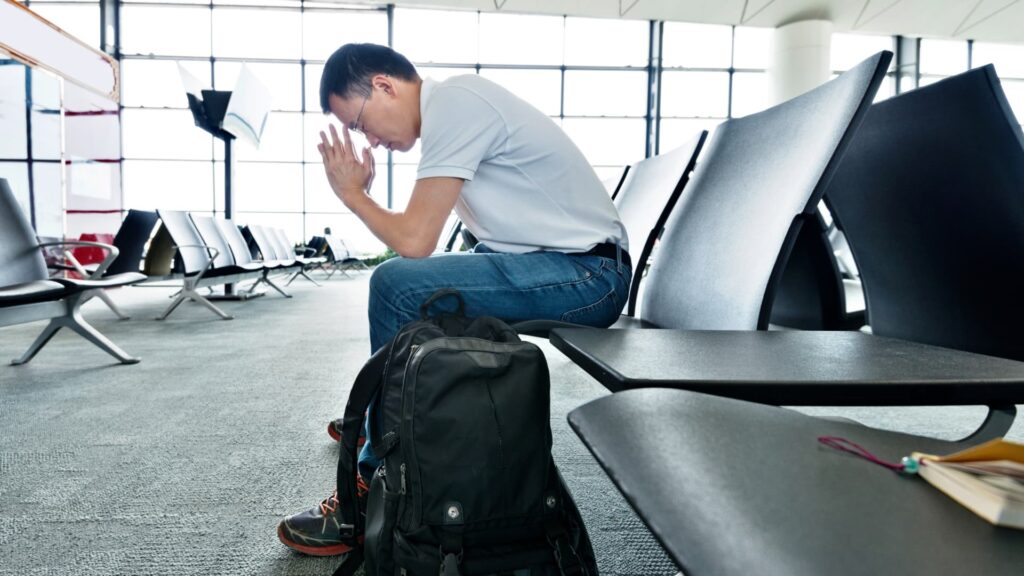Japan’s two largest commercial airlines are taking a tougher stance against travelers who verbally or physically abuse airline staff.
Japan Airlines and All Nippon Airways updated their websites on Friday to add a “customer harassment” policy following rising incidents of abuse of frontline workers across industries across Japan.
Using similar wording, both airlines listed nine behaviors that constitute “harassment” in their policies, including:
- Abusive language, offensive tone, insults, discrimination, slander
- threatening words or behavior
- Excessive or unreasonable demands
- assault
- Conduct that disrupts business operations (long-term detention, excessively repetitive requests or complaints)
- Entering the workplace without permission
- deceiving employees
- Defame the company or its employees on social media and online
- sexual harassment
ANA’s customer harassment policy also covers voyeurism, stalking and indecent behavior – an unpleasant reminder of what airline employees can face in an industry that often sees the worst behavior from travelers.
Yoshiko Miyashita, vice president of customer service promotion and customer experience management at ANA, told Nikkei Asia that the policies are intended to address the lack of clear standards that make it difficult for employees to handle customer interactions.
“This has placed a significant burden on our staff, resulting in some being furloughed,” she said.
Japan Airlines Policy Airline staff will also be required to undergo harassment training – staff will be provided with manuals detailing how to respond quickly and appropriately to “malicious” behaviour.
“We are also providing aftercare support for our employees’ physical and mental health,” the airline said.
Both airlines’ policies state that travelers who harass their employer will receive a warning, with consequences that could include denial of boarding and police involvement.
Japan, what about you?
In the United States, air rage incidents have jumped from about 10 per month before the pandemic to about 500 per month in 2021, with the majority involving mask compliance, according to the Federal Aviation Administration.
The number of accidents has since dropped sharply, but “recent increases indicate there is still more work to be done,” according to the FAA’s website.
Asian airlines are not experiencing viral “air rage” incidents at the same rate as Western airlines, although on-board meltdowns continue to occur due to crying babies and husbands’ erratic flying rules.
But that doesn’t mean Asia-based airlines are immune to these passengers — even in Japan, which is known as the most polite country in the world and is governed by the “Four Ps”: Politeness, Patience , punctual and precise.
On June 5, a Japanese passenger accused China Airlines staff of not speaking her native language, causing an EVA Air flight from Fukuoka to be delayed for 40 minutes.
In January, an ANA flight returned to Tokyo after a drunk passenger bit a flight attendant, according to The Japan Times. However, the passenger was reportedly a middle-aged American man.
Municipalities and companies are taking stricter measures to protect employees amid rising incidents of customer harassment in Japan.
According to local media reports, some city and county governments are removing employees’ names and photos from name tags to prevent employees’ photos and personal information from being leaked online.

